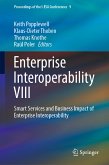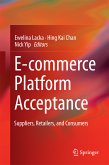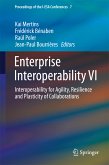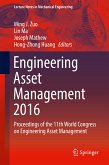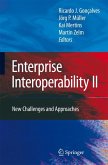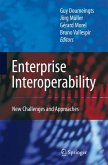Asset Condition, Information Systems and Decision Models, is the second volume of the Engineering Asset Management Review Series. The manuscripts provide examples of implementations of asset information systems as well as some practical applications of condition data for diagnostics and prognostics. The increasing trend is towards prognostics rather than diagnostics, hence the need for assessment and decision models that promote the conversion of condition data into prognostic information to improve life-cycle planning for engineered assets. The research papers included here serve to support the on-going development of Condition Monitoring standards. This volume comprises selected papers from the 1st, 2nd, and 3rd World Congresses on Engineering Asset Management, which were convened under the auspices of ISEAM in collaboration with a number of organisations, including CIEAM Australia, Asset Management Council Australia, BINDT UK, and Chinese Academy of Sciences, Beijing University of Chemical Technology, China. Asset Condition, Information Systems and Decision Models will be of particular interest to finance, maintenance, and operations personnel whose roles directly affect the capability value of engineering asset base, as well as asset managers in both industry and government.
Dieser Download kann aus rechtlichen Gründen nur mit Rechnungsadresse in A, B, BG, CY, CZ, D, DK, EW, E, FIN, F, GR, HR, H, IRL, I, LT, L, LR, M, NL, PL, P, R, S, SLO, SK ausgeliefert werden.




